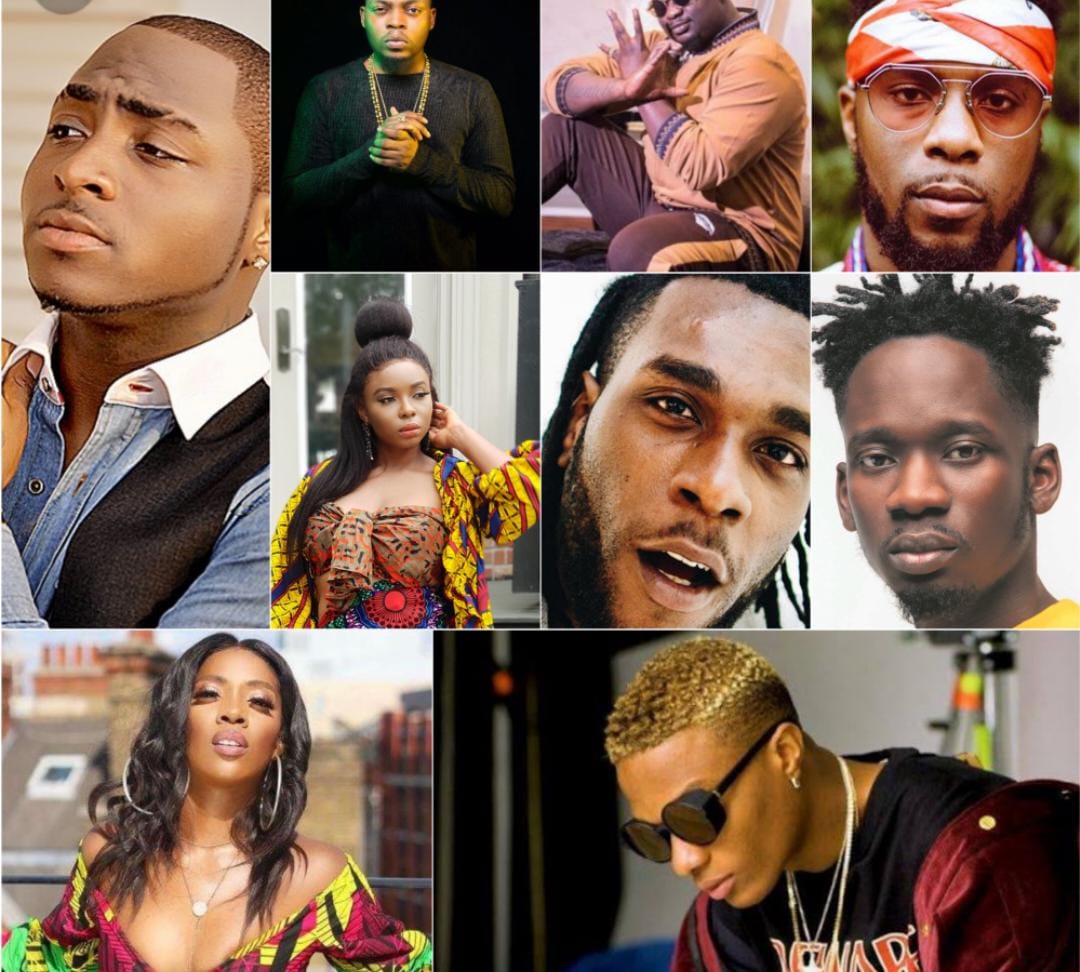LIberiasongs.com
The African music scene has witnessed a remarkable surge in popularity and global recognition over the past decade. While Nigerian music, commonly known as Afrobeats, has soared to unprecedented heights,Liberia music, with its rich Gbema heritage, has faced challenges in achieving similar levels of international success. In this blog post, liberiasongs.com will explore some key factors that may contribute to the disparity between the triumphs of Nigerian/Ghanaian music and the struggles faced by Liberian music.
Market Size and Population: One critical factor that distinguishes Nigeria and Ghana from Liberia is the sheer difference in market size and population. Nigeria, with its vast population of over 200 million people, provides a significantly larger consumer base for music. This larger audience, coupled with a more extensive diaspora, creates a natural advantage for Nigerian artists in terms of reach and potential revenue. The larger market size allows Nigerian musicians to generate more exposure, gain higher streaming numbers, and attract international collaborations.
Industry Infrastructure and Investment: Nigeria has made substantial investments in its music industry infrastructure, creating a more conducive environment for artists to thrive. The establishment of major music labels, distribution networks, and artist management companies has fueled the growth of the Nigerian music industry. These entities provide essential resources, including financial backing, marketing strategies, and promotional campaigns, which can be lacking in Liberia. The presence of a robust industry ecosystem enables Nigerian artists to focus on their craft and increase their chances of achieving international success.
Collaborations and Global Reach: Nigerian artists have been successful in forging collaborations with internationally renowned musicians, opening doors to global audiences. From collaborations with American artists like Drake, Beyoncé, and Chris Brown to collaborations with artists from other African countries, Nigerian musicians have embraced international collaborations to expand their reach. These partnerships have led to increased exposure, global recognition, and a larger fan base. Liberia music, on the other hand, has yet to witness the same level of cross-cultural collaborations and international recognition, which may limit its global appeal.
Cultural Fusion and Versatility: Nigerian music has skillfully blended its traditional sounds with contemporary elements, creating a fusion that appeals to a wide range of listeners. Afrobeats incorporates various genres such as highlife, hip-hop, dancehall, and Afro-pop, resulting in a diverse and dynamic musical landscape. This versatility has enabled Nigerian artists to cater to both local and international audiences, making their music more accessible and appealing to a broader spectrum of listeners. In contrast, Liberia music has predominantly remained rooted in its highlife tradition, which, while cherished locally, may limit its appeal on the global stage.
Government Support and Policies: The role of government support and policies cannot be overlooked when analyzing the success of a music industry. Nigeria has shown a greater commitment to supporting its music industry through initiatives like the Nigerian Entertainment Industry Investment Initiative and the establishment of the Copyright Society of Nigeria (COSON). These efforts have helped protect intellectual property rights, combat piracy, and provide avenues for artists to monetize their craft. Liberia though making strides in recent years, may still benefit from more comprehensive government support to bolster its music industry.
Conclusion: The discrepancy in the success of Nigerian and liberian music cannot be attributed to any single factor but rather a combination of market size, industry infrastructure, collaborations, cultural fusion, and government support.
Nigerian music has thrived due to a larger population, a vibrant industry ecosystem, strategic collaborations, and the ability to adapt to global trends.
However, it is important to note that music is a dynamic art form, and liberian music continues to evolve, with emerging talents pushing boundaries and gaining international recognition. With continued investment, strategic collaborations, and a supportive ecosystem
 Liberia songs LIBERIAN MUSIC
Liberia songs LIBERIAN MUSIC




